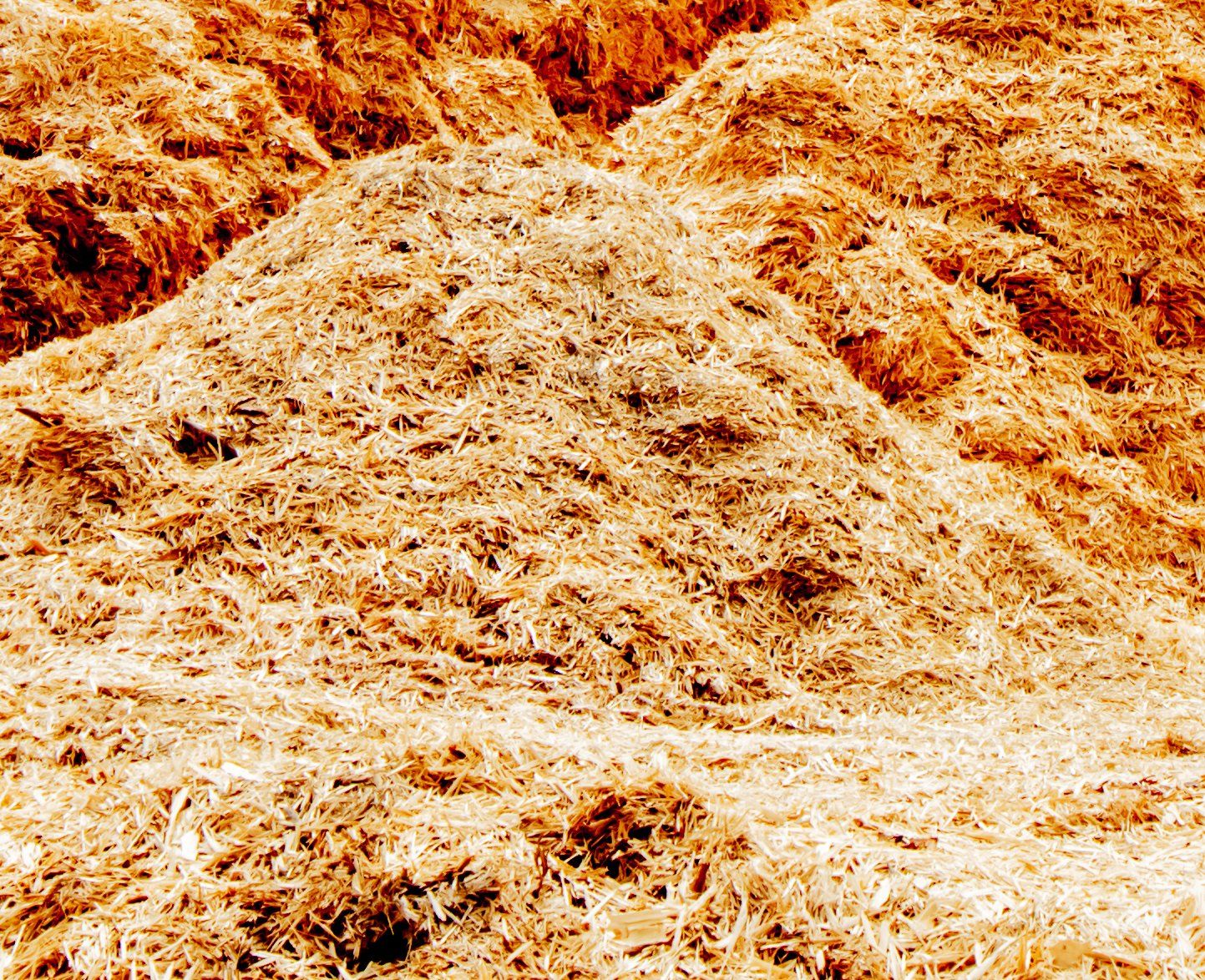
BIOMASS
BIOMASS
Expansion into the biomass market
Mitchpine is currently reaching out for expressions of interest to forestry owners and marketers for potential partnerships to supply non defected whole tree logs and billet type slash, thereby allowing each partner to leverage their existing operations and environmental obligations.
As a wood processor taking delivery of logs that have been defected in the forest, we have been thinking a lot about how the industry can do things differently. Recent extreme weather events have highlighted the issue of forestry residues/slash left in the forest causing considerable damage to infrastructure as they were washed downstream. Now is the time for industry to look at different ways of doing things to reduce forestry residues/slash being left in the forest.
Currently trees are felled and defected at skid sites located in forests. At these skid sites trees are graded and cut down to sizes that customers have ordered. This process results in approximately 15% of a tree being left behind.
We see potential to run the industry creating slash in a more sustainable way and we want to invest in equipment that will ‘utilise the whole tree’, therefore reducing forestry residues/slash left in the forest and maximise the return for the forestry owner.
By removing the “whole tree” from the forest and bringing it to the sawmill for processing it will:
- reduce slash on the skid site
- reduce the skid site footprint
- use 3D scanning technology to increase the average price per ton
- eliminate log scaling in the forest
- reduce potential harm to workers
- improve tonnage per hectare
- remove cost negative products from being produced.
Mitchpine, in conjunction with EECA and Deta Consulting have undertaken a feasibility study to investigate producing biomass fuels. We are located where there is an abundance of forestry material that is underutilised because of the lack of major processing facilities.
At current production we produce an estimated 25,000 t/y of wet residues. With the addition of the new equipment we will be able to produce up to 400,000 t/y of wet wood fibres with no capacity constraints for green chip production. This will generate a secure supply chain for biomass in our region. Risks around an insecure biomass supply chain are currently restricting innovation and investment by companies further along the value chain.
If you are interested in discussing this further, then I would welcome your call.
lee mitchell, managing director
021 037 2961

MITCHPINE LTD
931 State Highway 0ne, Levin
Tel: +64 6 368 5252 or +64 6 368 3574
Email: sales@mitchpine.co.nz
